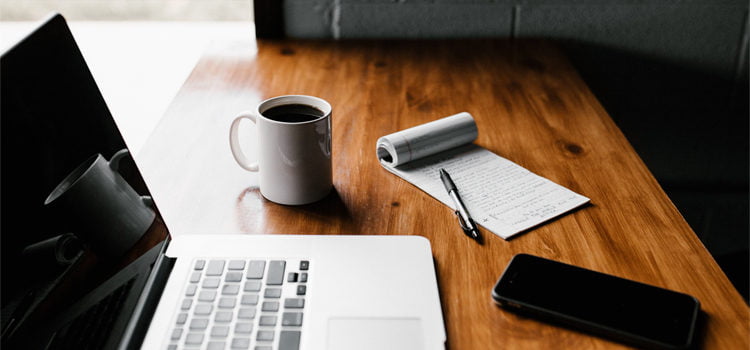Journalists rely on source protection to gather and reveal information in the public interest from confidential sources. Such sources may require anonymity to protect them from physical, economic or professional reprisals in response to their revelations. While professional journalistic practice entails multi-sourcing, verification and corroboration, confidential sources are a key component of this practice. Without confidential sources, many acts of investigative story-telling—from Watergate to the major 2014 investigative journalism project Offshore Leaks undertaken by the International Consortium of Investigative Journalists(ICIJ)—may never have surfaced.
As a serious journalist, you might be going to great lengths to protect your sources. In the digital world, however it is very easy to inadvertently leak sensitive information. Recording phone interviews is one of the ways you might risk the confidentiality your source.
CallTap is very private by design. We have no business of knowing who you are, who you are talking to and what you are saying. That’s why we have taken steps to ensure CallTap follows best possible privacy and security practices.
- CallTap only needs the user’s phone number to authenticate them and protect their recordings from unauthorized access.
- CallTap does not have access to the phone numbers of the other parties in a recorded conversation. If we don’t know who you are talking with, we cannot hand out this information to anybody.
- All calls are stored securely encrypted on the server.
- No data at all is shared with any third parties including Google, Facebook or any other ad networks.
- All data is managed in accordance with the European GDPR privacy laws.
Next time you record a phone interview, make sure you are using a call recorder designed for privacy such as CallTap and do not risk your source.
